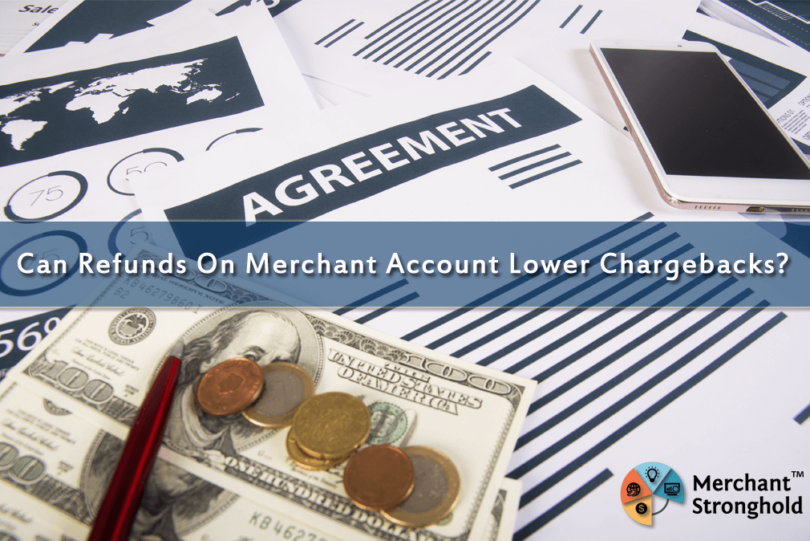Can Refunds On Merchant Account Lower Chargebacks?
Online business has become very common in today’s world and most of the payments are done through plastic money; that can be credit or debit cards. To carry out such online transactions, it is first important to open a merchant account. Before going into details, it is essential to understand what merchant account is and the meaning of charge back. High risk merchants very commonly use these terms and it is very important to have a clear idea about them for a good start. When you are handling an online business, the transactions are carried out through the proper payment gateway. In case, the customer is not happy with the product, he/she can either ask for a refund or a charge back.
What is a Merchant Account?
Merchant account is a type of bank account through which a merchant can accept payments in multiple ways, usually debit and credit card payments. To establish a merchant account, both the parties (merchant service provider and merchant acquiring bank) sign an agreement for settling the payment transaction(s).
What is a Chargeback?
Opening a merchant account and being able to accept payments electronically is a very promising concept, cost-effective, convenient, and helpful in improving productivity and generating revenue. But there are a number of things that you should keep in your mind while taking this big step and one of them is the charge back. In simple words, charge back is a form of customer protection provided by the card issuer, which helps the customer to complain about the fraudulent transaction and get the money back without going to the business directly.
Difference between a Refund and a Chargeback
Most of us often get confused between these two terms and usually think that these two are one of the same things. But that is not true. For refund, customer contacts the business where as for charge back, customer instead of going directly to the business contacts the bank that is managing the merchant account of that particular business and asks them to remove that charge from the merchant bank account. Further, bank enquires about the request and if found valid, removes the charge from merchant account and returns it to the customer.
How Refund Can Help
If a customer is not happy with the product or has received wrong product, he/she can either ask for a refund or a chargeback. In case of refund, business simple sends the money back to the customer directly to his/her bank account through which the payment was made. But that is not the case in chargeback. In chargeback, the issuer bank refunds the money to the customer from merchant account if the complaint is proven correct. Issuer bank not only refunds the amount from merchant account but also charges a good amount of penalty/fee to the merchant. This fee can vary from bank to bank. But in case, the complaint is found to be fraudulent, refund will not be generated and the issuer bank could charge an additional fee.
How Chargeback affects your Business
Chargeback is not what you would want to get involved with, as there stands the risk of losing both, the product sold and its amount along with the additional chargeback penalty. This will come as a big loss to the business. The merchant account that receives too many chargebacks will be labeled as fraudulent by the Credit Card Company and will damage the image of your business as well as affect your business in near future.
Nowadays, banks also take chargeback seriously and the main reason for this is their ‘win-win situation’. Bank imposes fee for chargeback, and have the authority to hold back merchant’s payment for a particular time span to cover the fraud and increase their commission, especially if you hold a high-risk account. So for any business it is advisable to have a refund policy else you have to deal with chargebacks.
Email us anytime!
Email customer service 24/7
![]()
Call us anytime!
Reach customer care 24/7 at +1 (727) 330-3944




